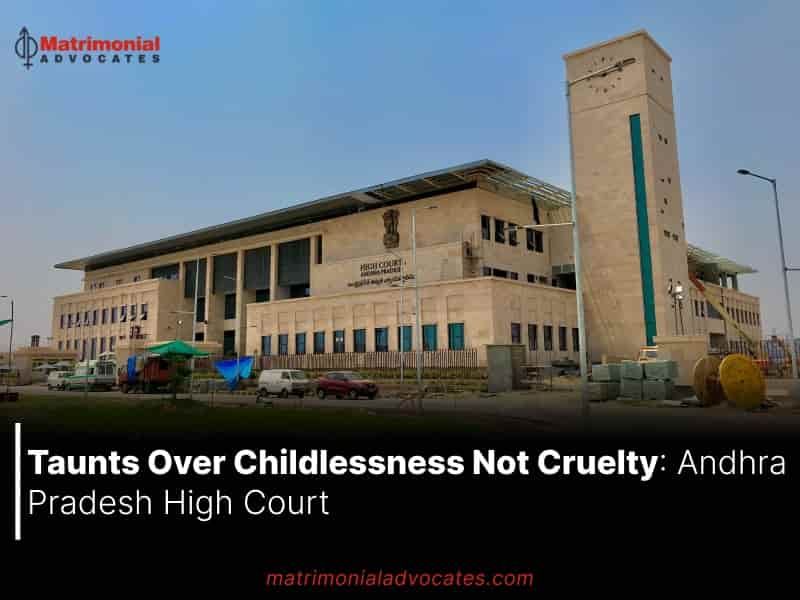
“Taunting on the ground of not being able to conceive cannot be taken as sufficient grounds for continuation of proceedings against (the sisters-in-law) under Section 498A, IPC,” the Court said.
The Andhra Pradesh High Court recently ruled that mere allegations of sisters-in-law taunting a woman over her inability to conceive do not constitute marital cruelty under Section 498A of the Indian Penal Code (IPC).
A Bench headed by Justice Harinath N therefore quashed the criminal proceedings under Section 498A IPC and the Dowry Prohibition Act against two women accused of making such comments towards their brother’s wife.
“Taunting on the ground of not being able to conceive cannot be taken as sufficient grounds for continuation of proceedings against petitioners 3 and 4 (sisters-in-law) under Section 498-A IPC and Section 3 and 4 of DP Act,” the Court said.
The Court also observed that the sisters-in-law had been residing separately from the complainant after her marriage.
“The petitioners 3 and 4 (sisters-in-law), soon after their marriage, were staying away and as such could not have resorted to any harassment to the third respondent (complainant) and the allegations against the petitioners 3 and 4 cannot be considered as sufficient for punishing them for the of offences under Section 498A of IPC and 3 and 4 of DP Act,” it noted.
The only accusation against the sisters-in-law was that they taunted the complainant about her inability to conceive during their visits. However, the Court held that such allegations alone are inadequate to sustain a criminal case.
“Such vague allegations without any specific details as to on what date and when the said taunting was resorted to by (the sisters-in-law) cannot sustain the scrutiny of law,” the Court said.
The Court was reviewing a petition filed by a man’s parents and sisters (the petitioners), who had been accused by his wife of marital cruelty and dowry harassment. The petitioners argued that they were not involved in the couple’s marital issues.
In the end, the Court granted relief to the sisters-in-law, determining that they had been unjustly implicated by the complainant in a bid to retaliate against her husband.
“This case is another where the unconnected relatives of the first accused are roped in as accused only for wreaking out vengeance against the first accused,” the Court said.
However, the proceedings against the complainant’s parents-in-law remain ongoing.





